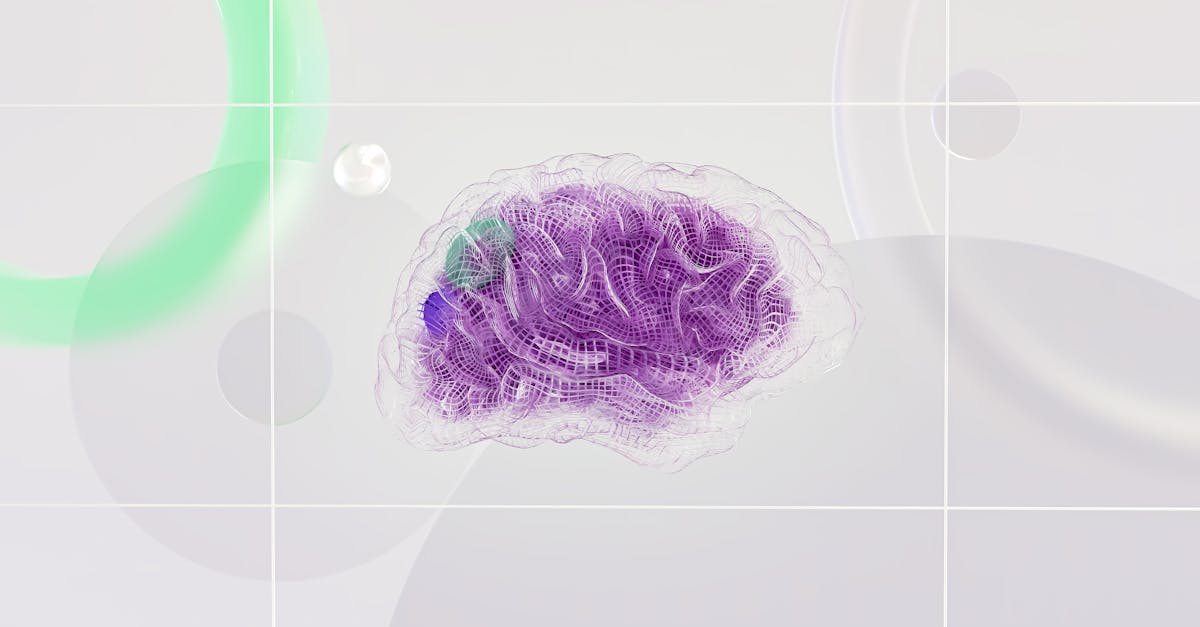How to tell if something is wrong with your nervous system?

Stress and Its Effects on the Nervous System
Stress activates the body's fight-or-flight response, leading to a surge in hormones like adrenaline and cortisol. These hormonal changes prepare the body for immediate action, enhancing alertness and energy levels. However, constant activation can lead to dysfunction in the nervous system. Prolonged stress may disrupt communication between nerve cells, resulting in various physical and mental health issues.
Chronic stress can lead to heightened anxiety, irritability, and difficulty concentrating. Physical symptoms may include headaches, fatigue, and muscle tension. If stress persists, it can contribute to the development of more serious conditions, such as anxiety disorders or depression. Understanding the impact of stress on the nervous system is essential for recognizing symptoms that may indicate underlying issues.
Continue reading this article for more information.
How Chronic Stress Can Manifest as Symptoms
Chronic stress can significantly impact various aspects of health, particularly affecting the nervous system. Individuals may experience increased anxiety levels, which can lead to feelings of restlessness or irritability. Physical symptoms such as headaches or muscle tension often arise, signaling the body's response to sustained stress. Digestive issues, including stomachaches or changes in appetite, may also surface as stress exerts its influence.
Additionally, sleep disturbances frequently occur in those with prolonged stress. Insomnia or disrupted sleep patterns can contribute to a cycle of fatigue and diminished cognitive function. These manifestations serve as reminders of the body's strain under constant pressure. Recognizing these symptoms is vital for individuals to understand the potential toll of chronic stress on their overall well-being.
When to Seek Medical Attention
Recognizing when to seek medical attention is crucial in addressing potential issues with your nervous system. Symptoms that persist or worsen over time warrant a professional evaluation. Experiences such as sudden changes in vision, difficulty speaking, or a loss of coordination could indicate underlying problems. Additionally, severe headaches not relieved by over-the-counter pain relief may signal a more serious condition that requires immediate intervention.
Individuals should also be vigilant for episodes of confusion, memory loss, or unusual behavior. Sudden emotional shifts or extreme fatigue without an apparent cause can raise red flags as well. If these symptoms accompany numbness or tingling in the extremities, it's vital to consult with a healthcare provider to determine the underlying cause and appropriate treatment options.
Signs That Require Immediate Evaluation
Certain symptoms indicate a need for prompt medical evaluation. Severe headaches that occur suddenly, especially if accompanied by visual disturbances or confusion, should not be ignored. Numbness or weakness on one side of the body can signal a stroke or other critical issues. Loss of coordination or balance, along with difficulty speaking or understanding language, may reflect significant neurological concerns requiring immediate attention.
Additionally, experiencing unexplained seizures or fainting episodes is serious and warrants evaluation. Persistent changes in consciousness, such as sudden drowsiness or unresponsiveness, can indicate underlying problems with brain function. It's crucial to seek emergency care when these symptoms arise to ensure timely diagnosis and treatment, potentially preventing further complications.
Treatment Options for Nervous System Disorders
Various treatment options are available for individuals dealing with nervous system disorders. Medication often plays a key role in managing symptoms, with options including antidepressants, antiepileptics, and anti-anxiety medications. Physical therapy may also be beneficial, focusing on strengthening and coordination exercises to help restore function. In some cases, lifestyle changes such as diet modifications and regular exercise can significantly improve overall wellness.
For more severe disorders, interventions like cognitive behavioral therapy can provide coping strategies for dealing with anxiety or depression linked to neurological issues. Additionally, alternative therapies such as acupuncture and mindfulness practices have gained popularity as complementary approaches. Consultation with healthcare professionals is crucial for developing a tailored plan that addresses specific needs and conditions.
Overview of Available Therapeutic Approaches
Therapeutic approaches for nervous system disorders are diverse, catering to the specific needs and symptoms of individuals. Common options include medication, physical therapy, and psychotherapy. Medications may target neurotransmitter imbalances or inflammation, helping to alleviate symptoms. Physical therapy focuses on improving mobility and strength while addressing issues related to coordination or balance. Psychotherapy, such as cognitive-behavioral therapy, aids individuals in managing stress and anxiety that may exacerbate their conditions.
Alternative treatments also play a significant role in a comprehensive approach. Lifestyle modifications, including regular exercise and a balanced diet, can significantly impact nerve health. Complementary therapies such as acupuncture and mindfulness practices may help reduce symptoms for some. Each individual's response to treatment varies, necessitating a tailored approach that involves collaboration between healthcare providers, patients, and their families. This multifaceted strategy aims to enhance quality of life and promote recovery.
FAQS
What are common symptoms that indicate a problem with the nervous system?
Common symptoms may include persistent headaches, numbness or tingling in the extremities, muscle weakness, coordination issues, memory problems, and changes in mood or personality.
How does chronic stress affect the nervous system?
Chronic stress can lead to an overactive stress response, which may manifest as anxiety, depression, sleep disturbances, and physical symptoms such as muscle tension and headaches.
When should I seek medical attention for nervous system concerns?
You should seek medical attention if you experience sudden onset symptoms such as confusion, difficulty speaking, severe headaches, loss of coordination, or any other alarming changes in your health.
What are some treatment options for nervous system disorders?
Treatment options can include medication, physical therapy, cognitive behavioral therapy, lifestyle changes, stress management techniques, and in some cases, surgical interventions.
Can lifestyle changes help improve nervous system health?
Yes, lifestyle changes such as regular exercise, a balanced diet, adequate sleep, and stress management practices can significantly improve nervous system health and overall well-being.
Related Links
What are physical signs your body is releasing trauma?What is the 30 day nervous system reset?